By Megan Grady
The college decision process can be daunting - everyone has an opinion about what you should study, where you should go and what you should want. With so many options, it’s easy to get overwhelmed when deciding what you want to study, what kind of college you want, and where you want to apply. These decisions feel like they will impact the rest of your life!
It becomes especially challenging when students are faced with deciding if they want to apply to programs to earn a degree in music, and if they are making that decision, what type of degree they want and where the best place is for them to earn it. Unlike most other fields, musicians need to know they want to study music in college, particularly if they are seeking to follow a music education track. You can’t show up to X State University having never touched a musical instrument in your life and say “I want to be a music major!” Our field simply does not work like that; there’s a set of pre-existing skills music majors need before even deciding to apply!
If you’re considering majoring in music in college, these are some of my top tips that I share with students I meet on the road:
Think about why you want to pursue music (hint: there may be more than one answer!)
- Did you have an inspirational band director that you want to emulate?
- Do you find great joy and exhilaration in performing?
- Are you interested in teaching piano and running your own studio?
- Do you want to be involved in music but aren’t sure where you fit in because teaching and performing aren’t quite your thing?
- Is it something you’re good at and you don’t know what else to do? Be honest with yourself!
Think about what type of college you want
- In-state vs. out-of-state
- Public vs. private school
- What size school makes you feel comfortable? Schools range anywhere in size from <1,000 to 40,000+!
- Do you want to study with the faculty of your instrument or are you comfortable studying with graduate students your first two years? (Think of graduate students as “faculty in training” - they are often more engaged in helping you learn, because they’re still learning how to teach!)
- Budget: it’s essential for families to have honest conversations about affording college. Do not rely on being “talented enough for a full ride” - it’s a dangerous bet and most schools can cover a large part of tuition, but not all costs. It’s unrealistic to have that expectation!
Research, research, research!
- Talk to your current private lesson instructor and ensemble directors about what you’re looking for, and take suggestions from them.
- Attend college fairs. This is so crucial! There are specific opportunities for performing and visual arts students to go to fairs geared towards the arts, in addition to “regular” fairs. Talk to your college/career counselor at your school about how to find out about those.
- Visit any/all schools you can. Ask to meet with current music students during your visits or take a lesson with your expected teacher (you may have to contact them directly).
- Ask for schools to send you information and talk to their music admission counselor.
- Seek out the assistance of a private admission counselor who is well-versed in music schools.
Once you do all your research, you’re ready to dive into applications your senior year of high school! It’s just filling out the Common App and you’re done, right? Nope! The summer before, I recommend setting up a giant spreadsheet that everyone involved in your college search can access (hello Google Drive!) so you can start tracking admission requirements, prescreening and audition requirements, and audition dates for your top five schools. See who accepts online audition submissions, then schedule a time to record your online audition materials for sometime in the early fall.
There are so many more intricacies and steps to applying to college with the intention of majoring in music, but these are some of the basics! The most important part is knowing why you want to pursue music and being able to clearly articulate that on an admission application and to the people in your audition. “I love music and I can’t live without it” will not be a strong enough argument; be prepared to talk about why you love music, what impact it has had on your life, who inspires you, and any other reasons you think you’re up for dedicating your life to it!
----------------------------------------------------------------------------------------------------
To learn more about Megan visit her bio page, and to sign up for lessons with Megan (or another AWSOM teacher) fill out our Enrollment Form.

